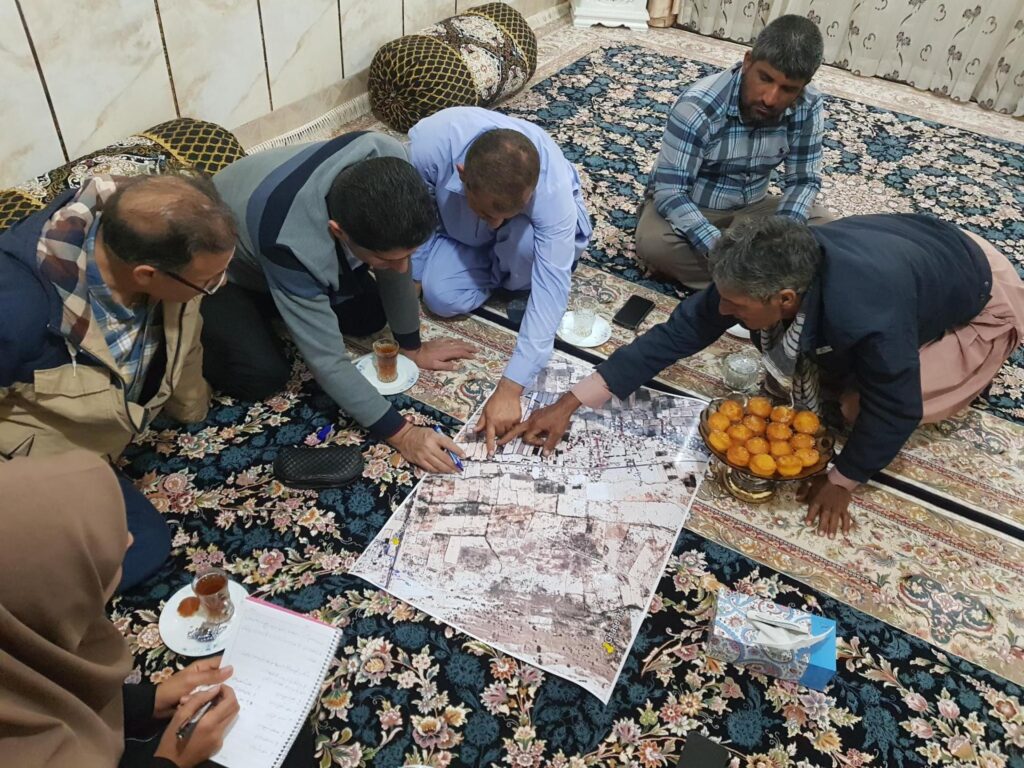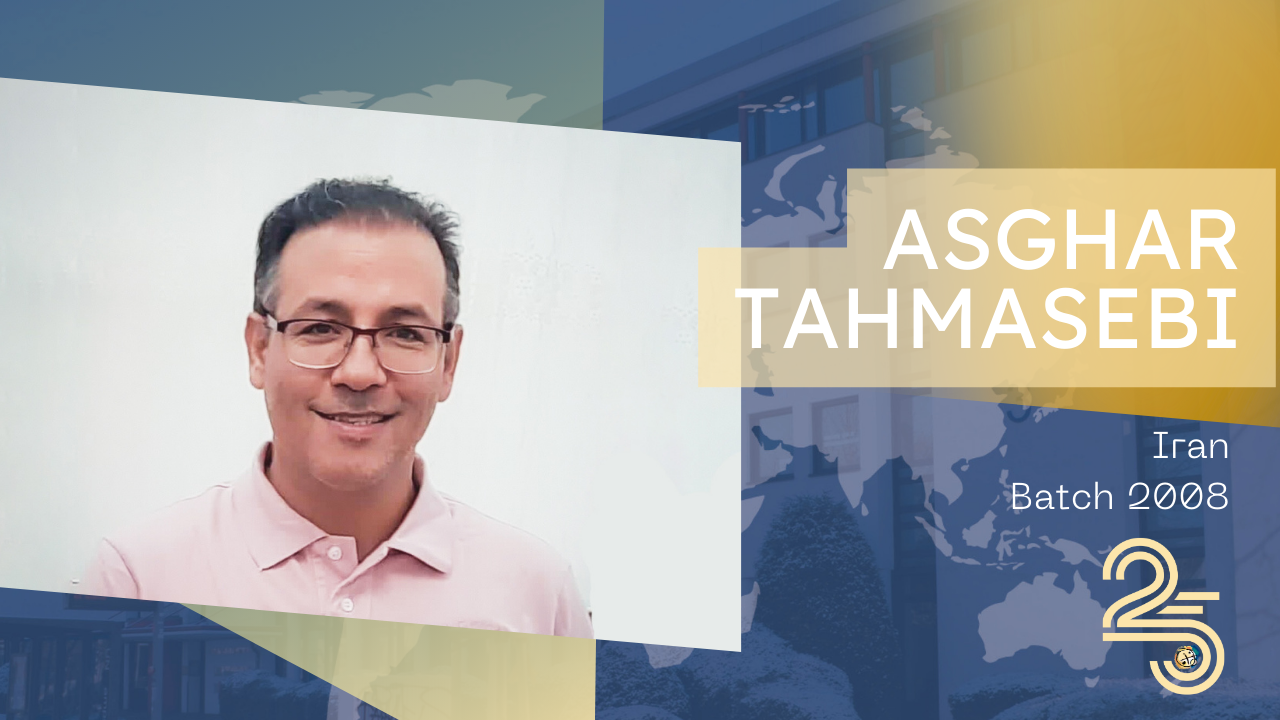Asghar did his PhD at ZEF on ‘Vulnerability to socio-political and climate changes’ (2012).
He now works as an Assistant Professor at Kharazmi University in Iran.
“My best memory of ZEF is the day I defended my PhD thesis and graduated in 2012. It was a very special and rewarding moment for me, as I had worked hard and overcome many challenges to complete my research and dissertation”.
Fact sheet
- Asghar Tahmasebi comes from Iran
- PhD at ZEF: 2008-2012
- PhD topic: Vulnerability to socio-political and climate changes
- PhD funding agency: German Academic Exchange Service (DAAD)
- Supervisor: Professor Eckart Ehlers
- Current position: Assistant Professor at Kharazmi University, Geography Department, Iran.


Q&A with Asghar
What was your motivation for conducting your doctoral research at ZEF?
I chose ZEF to conduct my doctoral research to advance my knowledge in sustainable environment and resource management. I was interested in ZEF’s multidisciplinary and intercultural research environment, and wanted to benefit from its academic excellence and international network.
What were your main conclusions on your doctoral research (graduation 2012)?
I developed and applied a conceptual and analytical framework for vulnerability assessment, based on the dimensions and indicators of exposure, sensitivity, adaptive capacity; I then measured and compared the vulnerability levels of different pastoral groups in the study area, based on their socio-economic and environmental attributes; and then suggested and tested some adaptation strategies and policies to reduce the vulnerability and improve rural people’s life quality.
How has the topic of your doctoral research evolved?
Since my graduation in 2012, the political situation in Iran and the region has become more unstable and complex, affecting local communities’ security and livelihoods. Scientifically, new evidence and insights have emerged on the causes and consequences of climate change and the adaptation options and challenges for socio-ecological systems.
Have you been able to contribute to or monitor the development of your PhD topic?
Yes, I have. First, I have collaborated with Iranian environmental and forestry organizations on several research projects on developing local and national adaptation action plans to drought, land degradation and climate change. Second, I have used the knowledge and skills I gained at ZEF for teaching and supervising master and PhD students at the Geography Department of Kharazmi University. Teaching and working with graduate students on conducting innovative and quality research to solve environmental challenges in different regions is rewarding and meaningful. This work inspires me to learn and grow in my field.
How has your doctoral education at ZEF impacted your career?
My doctoral training at ZEF was beneficial in all aspects, such as providing knowledge, skills, intercultural exchange, and supervision. But two aspects helped me most in my academic career and position: critical thinking approach and networking opportunities. These aspects were valuable and useful for me with regard to high-quality research, teaching and supervising students, and engaging in policy and practice.
Mr. Tahmasebi, we thank you for this interview!

Photos in this post show scenes and landscapes in Iran. (c) Asghar Tahmasebi



Leave a Reply